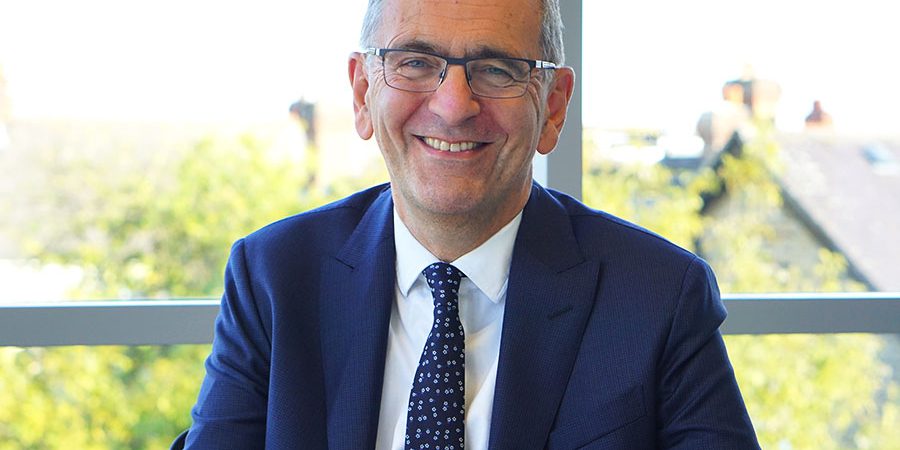By Chris Photi – Head of Travel & Leisure at WHA
It’s time for a holistic approach to financial protection that involves all parties dealing with customers’ funds.
In our response to the Civil Aviation Authority’s request for consultation on the Air Travel Organiser’s Licence (ATOL) scheme, we have argued strongly for this change.
The ATOL scheme is currently unsustainable as a means of protecting the consumer without government support. There is virtually no money in the Air Travel Trust Fund and no material financial markets to provide bonds.
Even though the ailing travel industry is facing its biggest ever crisis there is little alternative but to turn to trusts. Trusts should become mandatory for all new ATOL applications. Established licence holders should have the option to bond and also phase in trust accounts over a prolonged period to allow them the opportunity to recover from the pandemic and re-finance themselves.
However, the only effective way of protecting consumer funds is to ensure the protection runs completely through the customer booking funnel, from customer, through travel agent, tour organiser and, most importantly, encompass the end supplier where possible, specifically airlines.
To treat airlines separately from tour operators is grossly unfair. Why has the Airline Insolvency Review be shelved by government and yet this ATOL consultation is progressing? It simply does not make sense. Tour operators have paid for flights up front and are required to refund customers if they do not go ahead, but airlines are either slow to refund travel operators or refuse to do so at all. Airlines must be subject to the same requirements to hold money as operators to avoid an adverse effect on the sector and travelling public.
Meanwhile, travel agents should pass customers’ money on to the principal and not be using it as working capital for their businesses. Thomas Cook Retail did this before its collapse and pulled in large sums by offering incentives for people to pay the full amount for their holiday in advance. Agents should plan and operate their business models to provide working capital from commission income plus invested capital and equity, not from customer monies meant for the tour operator principal.
We are not in favour of a separate trust account for travel agents. While segregating their money would be preferable to no segregation at all, it would be complicated and expensive to administer.
For existing licence holders that wish to stick with bonds, finding that support is very difficult. Bonding was an effective method of consumer protection until 2008 when the CAA introduced the ATOL Protection Charge (APC) bond replacement scheme of £2.50 per passenger. This led to around 10 bond insurance companies pulling out of the market because of the fall in business and there are now only three core bonding insurance companies in most cases reluctantly supporting the travel sector.
However there needs to be more flexibility regarding bond amounts assessed. The CAA does not pay claims where a client has paid by credit card and instead pushes the responsibility on to the merchant acquirer. It also does not communicate how this is factored into security calculations nor does it disclose the charter agreements it has with merchant acquirers. This frequently leads to “double bonding”. If the CAA took full responsibility for all card bookings (as happens in Ireland), it would be much simpler for the travel industry and would eliminate issues travel companies face with merchant acquirers but bonds would need to be higher.
There should also be much greater flexibility over APC charges and a more risk based approach to licensing by the CAA. The biggest threat to the stability of consumer protection comes from the failure of large vertically integrated travel firms with airlines. The failure of Monarch and Thomas Cook affected 980,000 holidaymakers – 14 times the number affected by all other travel business failures in the period 2014 to 2019. Ensuring companies with these business models are more rigorously regulated and security assessed and pay the highest charges is entirely logical. Companies that segregate client monies into trust should also pay less APC and this may encourage them to move more quickly to operating trust accounts.
White Hart Associates are specialist accountants for the travel industry. Visit whitehartassociates.com or contact 0208 878 8383 for more information.









